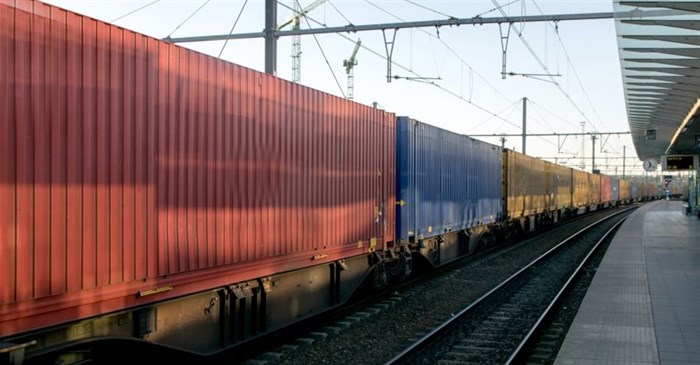
One of the counterintuitive outcomes of South Africa’s current slow growth environment is that companies increasingly find themselves releasing cash from their working capital cycles. The cause of this is reduced demand, which results in lower sales and therefore lower debtor balances that are carried under terms granted.

Another consequence of slower growth is also excess stock holdings which companies typically seek to reduce through discounts and specials. This leads in turn to lower investment in stock, further releasing cash from the cash conversion cycle.
Excess cash needs to be deployed to maintain the required business returns, and one of the ways that companies typically respond is to negotiate early settlement discounts from suppliers. However, this depends on the desire of these suppliers to offer discounts for additional cash flow.
A useful analogy is to think of the supply chain as a train. Under normal circumstances, terminal users such as the major retail, manufacturing, mining, and diversified corporate groups pull cash along the supply chain. However, in the current environment (driven by slower consumer demand because of numerous factors) we are seeing the reverse effect. The front of the train has stopped, and the carriages behind are knocking into each other as cash flows back through the supply chain.
This position places company finance teams in a predicament. They need to find optimal solutions to invest surplus cash. What is not often recognised is that company treasury teams do not typically aim to hold cash and ideally invest in new products, services, and initiatives such as acquisitions, which are the drivers of economic growth under more normal operating conditions.
While global and local economic conditions are often characterised as highly uncertain, we believe that there is still an abundance of opportunity in the South African market. The latest census indicates a population growth to approximately 62 million South Africans, providing a substantial demand base with which to work. If history is any guide, growth will not remain slow forever.
When the economic cycle turns, supply chains will once again consume cash and the need for short-term funding will come sharply into focus, as demand for this type of funding is a key enabler of economic growth. However, until that happens, we are likely to see excess cash being returned to shareholders or selectively invested in strategic assets to position for future growth. Of course, the degree to which this happens will depend on the nature of the business, its position in the supply chain and the type of industry that it operates in.
As South Africa’s leading alternative financier to business in South Africa with a proven 25-year track record, our specialist teams are available to partner with you to help you navigate this complex economic context and we have the tools to meet your unique lending and advisory needs as well as the passion and drive to structure solutions that work for you and your business through the cycle.